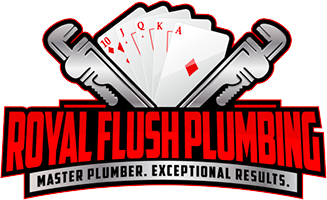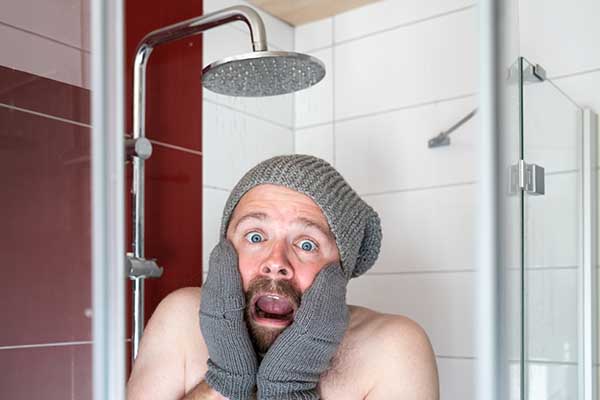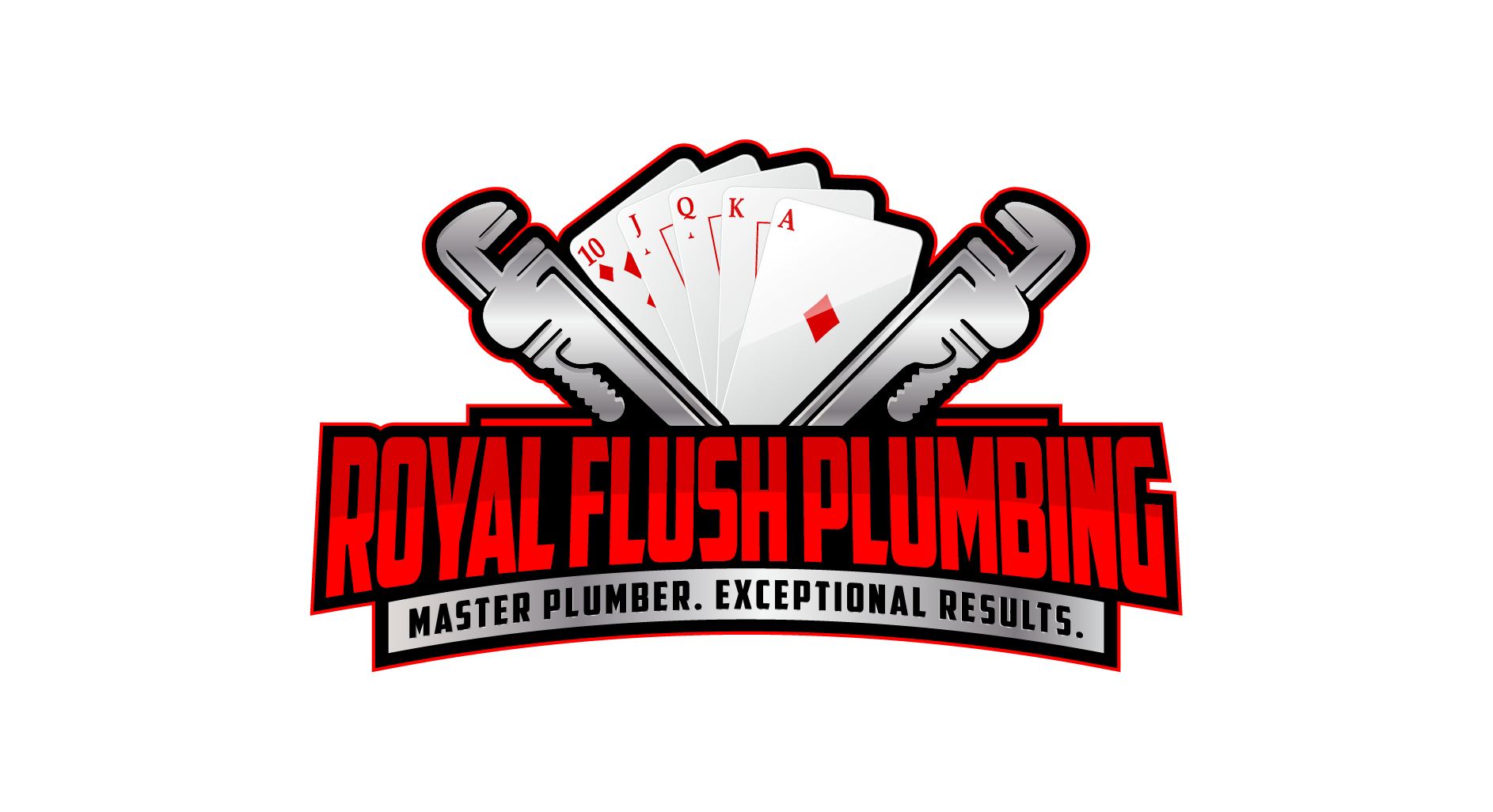
Fixing Cold Showers: The Role of Water Restrictors
Discover how water restrictors can cause cold showers and learn DIY fixes. Consulting a pro can prevent risks like too-hot water.
Set Pricing
Master Plumber
Exceptional Results
Licensed, Guaranteed Work!
Why Your Cold Shower Might Be Due to a Water Restrictor
Dealing with unexpectedly cold water during what should be a warm and invigorating shower can be a jarring experience. If your home’s water temperature has been more frigid than refreshing, the culprit might not be your water heater or plumbing system at large but something much smaller and often overlooked: the water restrictor.
This project is indeed DIY-friendly; however, incorrect execution could lead to excessively hot water. To avoid such risks, it’s wise to consult a professional for guidance.




Water restrictors, also known as flow restrictors, are small components installed in showerheads and faucets to limit water flow. They are part of an effort to conserve water and energy, ensuring that fixtures do not use more water than necessary. While their environmental and financial benefits are clear, they can sometimes lead to unexpected issues with water temperature, especially in the shower.
How Water Restrictors Affect Temperature
The principle behind a water restrictor is simple: by reducing the flow of water through the showerhead, less water is used, conserving resources and reducing utility bills. However, this reduction in flow can also affect how hot or cold the water feels.
In homes with tankless water heaters or systems that rely on a balance between hot and cold water pressure, a restrictor can disrupt this balance, leading to fluctuations in temperature.
When water flows more slowly through the showerhead, it spends more time in the pipes, which can result in a drop in temperature, especially if those pipes run through unheated spaces. Additionally, if your heating system requires a minimum flow rate to activate or maintain the temperature, a restrictor might prevent the system from functioning correctly, leading to colder showers.
Diagnosing and Addressing the Issue
If you suspect a water restrictor is at the root of your chilly shower dilemma, the first step is to inspect the showerhead. Many modern showerheads are designed with removable restrictors. Consulting the manufacturer’s instructions can guide you through the process of checking and, if desired, removing the restrictor.
It’s important to note, however, that removing a water restrictor can lead to higher water and energy usage. Before taking any action, consider whether adjusting the water heater settings or consulting with a plumber might offer a more sustainable solution.
Some homeowners find that a compromise, such as partially removing the restrictor or upgrading to a showerhead designed for low flow yet optimal temperature control, can resolve the issue without significantly impacting conservation efforts.
To Sum it All Up...
In conclusion, while water restrictors play a crucial role in conserving water and energy, they can sometimes lead to unexpected side effects like colder showers. By understanding how these components work and considering all options, homeowners can enjoy comfortable showers without compromising on conservation goals.

Royal Flush Plumbing, LLC
I called for a quote and they came that day to check out our sink. Came the next day to fix the drain pipes and install a new sink and faucet. Great work and nice guys! Will definitely recommend them to anyone who needs a good plumber.
-Kelli S.






